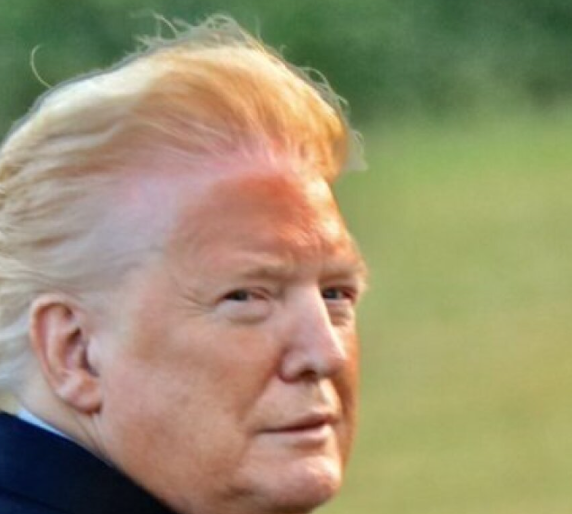#EuroArea #Economy #GrossDomesticProduct #DonaldTrump #Election #GoldmanSachs #EconomicImpact #GlobalMarkets
The euro area’s economic landscape could face significant changes depending on the outcome of the U.S. presidential election, particularly if Donald Trump secures a second term, Goldman Sachs analysts suggest. The relationship between the United States and the Eurozone is complex, deeply intertwined through trade, investment, and policy decisions. A re-election of Donald Trump could lead to shifts in this relationship, affecting everything from the euro area’s gross domestic product (GDP) to broader economic policies and responses.
Donald Trump’s first term as President of the United States was marked by a series of economic policies that reverberated across the globe, including the implementation of tariffs and a renegotiation of trade agreements. These actions had a direct impact on the economies within the euro area, as changes in trade dynamics and tariffs affected exports, imports, and overall economic growth. Given this backdrop, the prospect of Trump’s re-election could suggest a continuation or intensification of such policies that may further challenge the Eurozone’s economic stability and growth.
Goldman Sachs’ analysis points towards the possibility of continued uncertainty and volatility in global markets with Trump in office, which could hinder the euro area’s recovery from economic downturns, including the impacts of the COVID-19 pandemic. This scenario is particularly critical as countries within the zone are grappling with the balance between health-driven economic restrictions and the need to stimulate economic growth. Conversely, a change in the U.S. administration could lead to shifts in policy directions that might have a different set of implications for the euro area’s economy, potentially offering a more predictable environment for trade and investment.
In essence, the Eurozone’s economic forecast, particularly in terms of GDP growth, is closely tied to the political dynamics of major partners such as the United States. The implications of the U.S. presidential election outcomes highlight the global interconnectedness of economies and the importance of political stability and predictable policymaking in fostering economic growth.







Comments are closed.